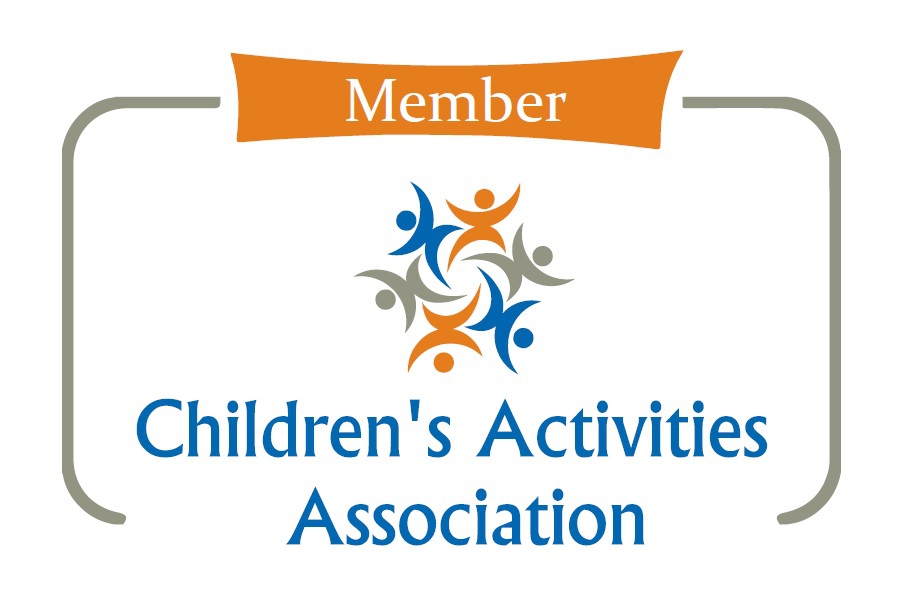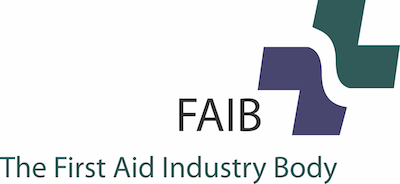The end of the summer holidays are looming and we know this can be an anxious time for families as thoughts turn to our children starting preschool or primary school. Whilst this is a really exciting time for families, you’re also probably thinking ‘They don’t look old enough” and “They’ve never spent that long without me”. It can be hard to bear. We’ve written a blog on separation anxiety to try and reassure you that you are not alone, explain some of the science behind why it happens and talk about how some of our Mini First Aid mums have coped.
Why does separation anxiety happen?
Remember when your baby was not bothered at all when you left the room? You could give them to any old person and they didn’t care one bit! But then at around the 6 month stage they suddenly started becoming wise to you not being there and crying the moment you nipped away (even if it was just for a wee for goodness sake!) This is separation anxiety and it basically means your little one has cottoned on to how much they need you. It isn’t always directed towards parents – it can happen with anyone spending significant amounts of time with them, such as a grandparent or childminder. Your baby is doing what they are meant to be doing at this age and because of their strong bond with these few special people, they realise that they don’t feel quite so safe without you – sob!
If it’s so natural, why do I feel so guilty?
It’s always horrible having to leave your child when they are distressed, and walking away can be so hard. It’s totally normal for your child to be distressed and cry on starting a new setting so try your best to not feel guilty as it is not personal! In fact it shows what a great job you have done building a wonderful bond with your child. Most of all, don’t be too hard on yourself – separation anxiety is very normal, and you are certainly not alone. Often as parents we find it more difficult than our children, and that is normal too! It’s a huge rollercoaster of emotions – you don’t want them to be upset when you part, but you find yourself wondering if you’ve done something wrong if they don’t cry! We talked to two of our Mini First Aid franchisees and mums about their experiences with separation anxiety:
Kellie and Brianna
“I had Brianna in the middle of the pandemic - my pregnancy was full of anxiety, fear and in all honesty it was incredibly lonely. Me and my bump attended scans (including emergency ones!) alone and I had already become incredibly protective over this tiny human I was growing.
When she arrived, I struggled to put her down or let anyone else (other than my husband) hold her. I just couldn’t see how anyone else could understand her and know what she needed. I was petrified something bad was going to happen and I wouldn’t be there. She needed “Me”. And I needed her!
We started slowly, leaving her with Luke (my husband) while I popped to the shops. Then we tried leaving her with my in-laws while we went for a coffee. My family were great and understood my needs and fears. But the real challenge was nursery and returning to work!
The day Brianna went for her settle in day at nursery I was a wreck! I dropped her off… and in she went without looking back and just settled in straight away! No crying from her but a bucketful from me. She’s a happy little girl and is always playing and babbling and growing at nursery.
But every time I drop her off my stomach drops, the fear rises and some days I end up phoning the nursery 2-3 times. My nursery were amazing from day one. They knew my anxieties and they have worked really hard with me and I can’t thank them enough. But I have days where the fears rise and that anxiety of not having her with me takes over! Is she ok? What if she gets hurt? What if she’s not well… oh the list goes on! (I have days where I actually forget to eat due to worry!)
Do I think the pandemic and lockdown made a difference? Yes. Do I think I’ll always have this with her? Yes. Will I let people know? Yes. They need to be aware that I struggle with leaving my little girl and we need time to adjust. People need to know it’s ok to feel like this and ask for help - it’s ok to not be ok”.
Jen and Meredith
“My daughter, Meredith, has always struggled with separation anxiety. By 10 weeks she would scream when anyone else held her. She was wary of strangers and was impossible to settle to the point it stopped me taking her to some activities as it was just awful. I was worried about her, felt overwhelmed and lacked support because she would scream even when held by close family.
It's fantastic to see separation anxiety being discussed because there is still so much stigma that you are wrong, that you or your baby are being precious, or they'll just have to get over it. It's still something we continue to support her with at nearly 4. Even the health visitor described it as a brief stage but that hasn't been my experience”.
These are just 2 stories of how families can be affected by separation anxiety, and both show how it doesn’t just affect your children, it can affect everyone in the family. Let’s find out a bit more about why it happens and what you can do to make it a bit easier to cope with.
People talk about “object permanence” when discussing separation anxiety – what is this?
Basically, when you’re a baby if an object or person are not in sight then you actually think they have gone forever! Child research has shown that by around 9 months (although for some children it is several months later), babies develop “object permanence”, meaning they now understand that just because you’re not in sight, doesn’t mean you have vanished from their lives! An understanding of this can really help if you are finding separation anxiety at this age overwhelming.
Are there any tips for dealing with separation anxiety?
· Play Peekaboo with your child from an early stage. Babies recognise repeated words and actions of simple games and by covering your face and revealing it again, they begin to learn that even when you’re not in sight (face covered by hands) it doesn’t mean you’ve gone for good!
· Like Kellie (above), practise short separation from your baby to begin with, and gradually increase this. Also start by leaving them somewhere very familiar (your home) and move towards leaving them somewhere less familiar (eg at the park with a grandparent or friend)
· Leave something comforting with baby that reminds them of you – for example a favourite toy that you often play with together
· If you’ve got a toddler, talk to them about what you’ll do when you are back together later so they can look forward to doing something with you – for example, shall we do your favourite jigsaw together after nursery?
· No matter how sad or frightened you are feeling, try and make goodbye a happy time – smile at your baby or child, and walk away confidently and happily. By doing this, you are giving your child an experience of what it means to say goodbye, knowing you’ll have a happy reunion later on!
What are the signs that I need a bit more help with separation anxiety?
If you find your child’s separation anxiety is stopping them being able to get the most out of socialising at nursery, or learning new things at preschool or school, its worth talking to a trusted member of staff to work out how you can work together to overcome some of their anxieties. This may be a long process and will need lots of patience, but by doing something to tackle the anxiety you’ll feel more able to cope. It might also be an idea to talk to your health visitor who should be able to point you in the direction of further support. And the same applies to you – if you are struggling to be apart from your child, talk it through with your childcare provider or school – you could arrange an agreed time that you’ll call to “check in” or discuss your anxieties with your family, friends, health visitor or GP. I bet you’ll be surprised by how many people are feeling the same as you are.
We hope this has helped you and your child prepare for a new nursery, preschool or school in September. It’s always nerve-wracking but comfort yourself in knowing you are certainly not the only one experiencing separation anxiety, and it will get easier given time.
All the best, Mini First Aid x
Sources: NHS UK, BBC Tiny Happy People
The ideal travel companion . . .

Our Travel Bundle contains everything you need to make sure your late summer adventures go without a hitch! Late August and early September is the most likely time to get stung by a wasp so make sure you're prepared with WASuP:
- small enough to fit in your pocket
- push to release a bamboo wipe soaked in organic apple cider vinegar
- apply to the sting for instant soothing relief
The Travel Bundle also contains:
- Tumble Tiger Instant Cold Pack - on the go soothing relief for stings, bumps and sprains
- the Tick Twister for getting rid of unwanted hitch hikers!
- Toddle Insect Repellent to ward off unwanted biting insects as the summer nights draw in
- Our Mini First Aid kit with 74 essential first aid items
- Our CPR mask keyring so you are ready for emergencies wherever your journey takes you







